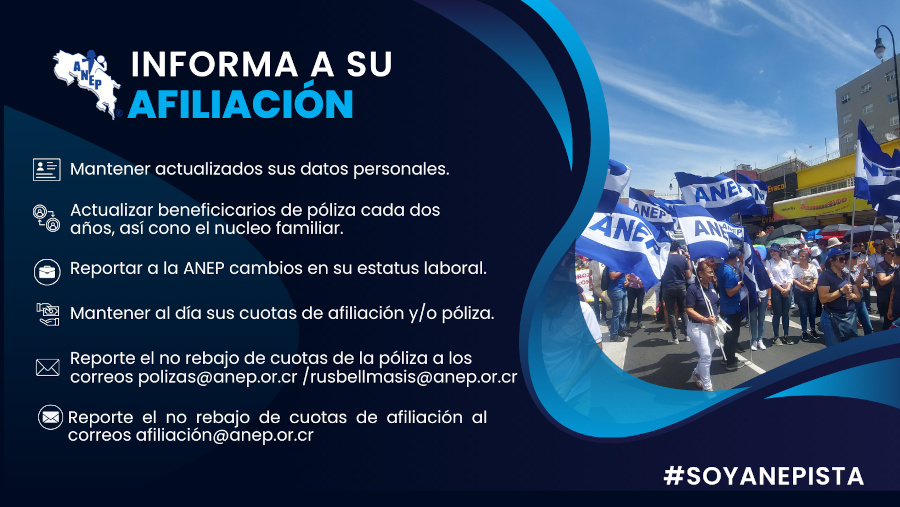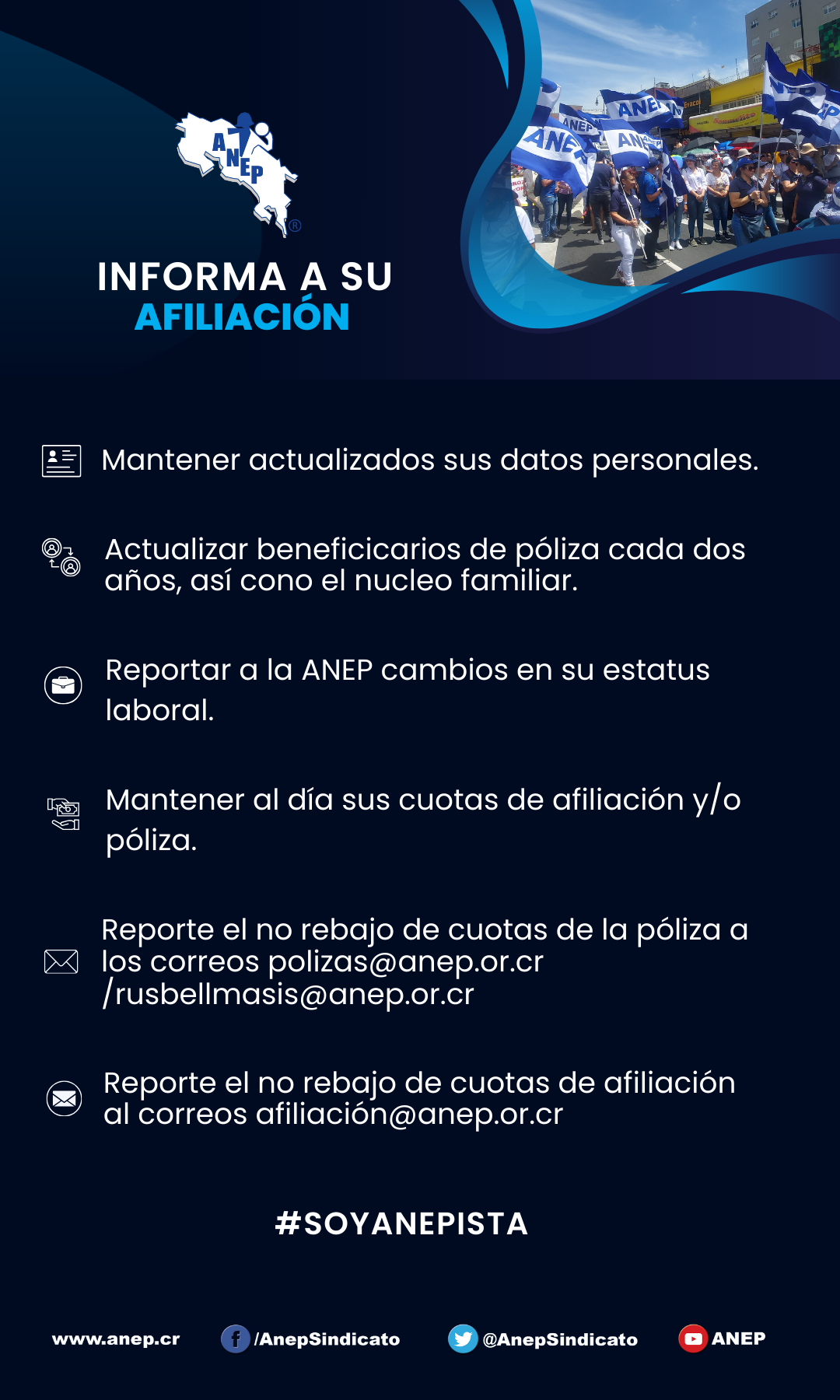Las primeras declaraciones de la Casa Blanca en respuesta al golpe fueron débiles y evasivas. En ellas no se denunciaba el golpe, sino más bien se hacía un llamado a “todos los actores políticos y sociales en Honduras a respetar las normas democráticas, el Estado de derecho y los principios de la Carta Democrática Interamericana”.
Esas declaraciones diferían con las de otros presidentes del hemisferio, como Lula da Silva de Brasil y la presidenta Cristina Fernández de Argentina, quienes denunciaron el golpe y exhortaron a que se restituyera al presidente Zelaya. La Unión Europea también emitió una respuesta similar, menos ambigua y más inmediata.
Más adelante, ese mismo día, a medida que la respuesta de otras naciones se hizo más clara, la secretaria de Estado, Hillary Clinton, hizo una declaración más fuerte en la cual se repudiaba el golpe – pero sin referirse a éste como un golpe. Además, no hacía mención alguna sobre el retorno de Zelaya a la presidencia.
La Organización de Estados Americanos, el Grupo de Río (la mayor parte de Latinoamérica) y la Asamblea General de las Naciones Unidas han todos llamado a que se dé el “retorno inmediato e incondicional” del presidente Zelaya.
Las fuertes posiciones desde el Sur resultaron en declaraciones anónimas de funcionarios del Departamento de Estado que mostraban más apoyo al retorno del presidente Zelaya. Para la tarde del lunes, el presidente Obama finalmente declaró: “Nosotros creemos que el golpe no fue legal y que el presidente Zelaya sigue siendo el presidente de Honduras…”
Pero más tarde, ese mismo lunes en una conferencia de prensa, se le preguntó a la secretaria de Estado Clinton si “restaurar el orden constitucional” en Honduras significaba el retorno de Zelaya. La secretaria nunca dio una respuesta afirmativa.
¿Por qué tanto recelo en llamar abiertamente al retorno inmediato e incondicional de un presidente electo, así como lo había hecho el resto del hemisferio y las Naciones Unidas? Una posibilidad obvia es que Washington no comparte estos objetivos. Los líderes del golpe no tienen apoyo internacional pero aún podrían tener éxito en lograr que pase el tiempo – Zelaya tiene menos de seis meses para terminar su mandato. ¿Apoyará el gobierno de Obama la imposición de sanciones en contra del gobierno golpista para prevenir que esto suceda? Los gobiernos vecinos de Guatemala, Nicaragua y El Salvador ya han hecho las primeras advertencias al anunciar una suspensión del comercio por 48 horas.
A diferencia de esto, una razón para la reticencia de Hillary Clinton de llamar al golpe un golpe es la prohibición, bajo la Ley de ayuda al extranjero de Estados Unidos (U.S. Foreign Assistance Act), de proveer fondos a gobiernos en donde el jefe de Estado haya sido destituido por un golpe militar.
La palabra ‘incondicional’ también es clave en esta situación: el gobierno estadounidense quizás quiera extraer alguna concesión de Zelaya como parte de un acuerdo para su retorno a la presidencia. Pero así no es como funciona la democracia. Si Zelaya quiere negociar algún acuerdo con sus oponentes políticos luego de haber retornado, ésa es otra historia. Pero nadie tiene el derecho de extraerle concesiones políticas en el exilio, a punta de pistola.
No hay excusa alguna para este golpe. Una crisis constitucional se desató cuando el presidente Zelaya le ordenó al ejército que distribuyera los materiales para un referendo no vinculante que se llevaría a cabo el domingo pasado. El referendo le pedía a los ciudadanos que votaran sobre si incluir una propuesta para una asamblea constituyente, para redactar una nueva constitución, en las elecciones de noviembre. El jefe del ejército, el general Romeo Vásquez, se rehusó a llevar a cabo las órdenes del presidente. El presidente, como comandante en jefe del ejército, despidió a Vásquez, con lo cual el ministro de defensa renunció. La Corte Suprema posteriormente dictaminó que el despido de Vásquez por parte del presidente era ilegal y la mayoría en el congreso se ha mostrado en contra del presidente Zelaya.
Los partidarios del golpe argumentan que el presidente violó la ley al intentar proceder con el referendo después de que la Corte Suprema fallara en contra de éste. Ésta es una cuestión legal; puede ser cierto o puede ser que la Corte Suprema no tuviera base legal para emitir esa sentencia. Pero esto es irrelevante para lo que ha sucedido: el ejército no es el árbitro de una disputa constitucional entre los varios poderes del Estado. Esto es particularmente cierto en este caso, en el que el referendo que se proponía era un plebiscito no vinculante y meramente de carácter consultivo. No habría cambiado cualquier ley, ni habría afectado la estructura de poder; era simplemente una encuesta al electorado.
Por consiguiente, el ejército no puede afirmar que actuó para prevenir un daño irreparable. Éste es un golpe militar llevado a cabo con propósitos políticos.
Existen otras cuestiones sobre las cuales nuestro gobierno se ha mantenido raramente silencioso. Los informes de represión política, del cierre de estaciones de radio y TV, de la detención de periodistas, detención y abuso físico de diplomáticos y de lo que el Comité para la Protección de Periodistas ha llamado una “censura de los medios”, son eventos que aún esperan por ser seriamente reprochados por Washington. Al controlar la información y reprimir la disensión, el gobierno de facto de Honduras está también creando el marco para unas elecciones injustas en noviembre.
Muchos informes han contrastado el rechazo del gobierno de Obama al golpe hondureño con el apoyo inicial del gobierno de Bush al golpe militar de 2002 que derrocó brevemente al presidente Hugo Chávez en Venezuela. Pero de hecho hay más similitudes que diferencias entre la respuesta estadounidense a estos dos eventos. En el marco de un día, el gobierno de Bush revirtió su posición oficial sobre el golpe venezolano debido a que el resto del hemisferio había anunciado que no reconocería al gobierno golpista. De manera similar, en este caso, el gobierno de Obama está siguiendo al resto del hemisferio, tratando de no ser la excepción, pero al mismo tiempo, sin realmente compartir su compromiso con la democracia.
No fue sino hasta algunos meses después del golpe venezolano que el Departamento de Estado admitió que le había brindado apoyo financiero y de otro tipo a “individuos y organizaciones que se entiende que estuvieron activamente involucrados en la breve expulsión del gobierno de Chávez”. En el golpe hondureño, el gobierno de Obama afirma que intentó disuadir al ejército hondureño para que no tomara esta acción. Sería interesante saber cómo se llevaron a cabo estas discusiones. ¿Será que los funcionarios del gobierno dijeron, “Ustedes saben que tendremos que decir que estamos en contra de una movida como ésa si la llevan a cabo, porque todo el mundo lo hará”? O será que más bien dijeron, “No lo hagan, porque haremos todo lo que esté a nuestro alcance para revertir cualquier tipo de golpe”? Las acciones del gobierno desde que ocurrió el golpe apuntan a algo más parecido a lo primero, sino hasta peor.
La batalla entre Zelaya y sus oponentes pone de frente a un presidente reformista apoyado por sindicatos laborales y organizaciones sociales en contra de una élite política corrupta, con conexiones al narcotráfico, que opera al estilo de una mafia y que está acostumbrada a escoger no solamente a la Corte Suprema y al Congreso, sino al presidente también. Es una historia recurrente en Latinoamérica, y Estados Unidos casi siempre se ha puesto del lado de las élites. En este caso, Washington tienen una relación muy cercana con el ejército hondureño, desde hace ya décadas. Durante los años ochenta, Estados Unidos utilizó bases en Honduras para entrenar y armar a los ‘contras’, los paramilitares nicaragüenses que se dieron a conocer por sus atrocidades en la guerra en contra del gobierno sandinista en el vecino país de Nicaragua.
El hemisferio ha cambiado substancialmente desde el golpe venezolano de abril de 2002, con otros once gobiernos de izquierda siendo elegidos posteriormente. Un conjunto entero de normas, instituciones y relaciones de poder entre el Sur y el Norte en el hemisferio han sido alteradas. El gobierno de Obama enfrenta hoy a vecinos que están mucho más unidos y mucho menos dispuestos a ceder en cuestiones fundamentales de democracia. Es por eso que la secretaria de Estado Clinton probablemente no tendrá mucho espacio de maniobra. Sin embargo, la ambivalencia del gobierno será notada en Honduras y muy probablemente podría motivar al gobierno de facto a que intente aferrarse al poder. Eso podría ocasionar muchos daños.
July 1, 2009, The Guardian Unlimited
_________________________
* Mark Weisbrot es codirector del Center for Economic and Policy Research (CEPR), en Washington, D.C. Obtuvo un doctorado en economía por la Universidad de Michigan. Es coautor, junto con Dean Baker, del libro Social Security: The Phony Crisis (University of Chicago Press, 2000), y ha escrito numerosos informes de investigación sobre política económica. Es también presidente de la organización Just Foreign Policy.
__________________________________________________________
Latin America Drags a Reluctant Washington Into Supporting Democracy in Honduras
By Mark Weisbrot
July 1, 2009, The Guardian Unlimited
The military coup that overthrew Honduras’ elected president Manuel Zelaya brought unanimous international condemnation. But some country’s responses have been more reluctant than others, and Washington’s ambivalence has begun to raise suspicions about what the U.S. government is really trying to accomplish in this situation.
The first statement from the White House in response to the coup was weak and non-committal. It did not denounce the coup but rather called upon “all political and social actors in Honduras to respect democratic norms, the rule of law and the tenets of the Inter-American Democratic Charter.”
This contrasted with statements from other presidents in the hemisphere, such as Lula da Silva of Brazil and President Cristina Fernandez of Argentina, who denounced the coup and called for the re-instatement of President Zelaya. The European Union issued a similar, less ambiguous, and more immediate response.
Later in the day, as the response of other nations became clear, Secretary of State Hillary Clinton issued a stronger statement, that condemned the coup – without calling it a coup. But it still didn’t say anything about Zelaya returning to the presidency.
The Organization of American States, the Rio Group (most of Latin America), and the United Nations General Assembly have all called for the “immediate and unconditional return” of President Zelaya.
The strong stances from the South brought statements from anonymous State Department officials that were more supportive of President Zelaya’s return. And by Monday afternoon President Obama finally said, “We believe that the coup was not legal and that President Zelaya remains the president of Honduras . . .”
But at a press conference later on Monday, Secretary of State Clinton was asked if “restoring the constitutional order” in Honduras meant returning Zelaya himself. She would not say yes.
Why such reluctance to openly call for the immediate and unconditional return of an elected president, as the rest of the hemisphere and the United Nations has done? One obvious possibility is that Washington does not share these goals. The coup leaders have no international support but they could still succeed by running out the clock – Zelaya has less than six months left in his term. Will the Obama administration support sanctions against the coup government in order to prevent this? The neighboring governments of Guatemala, Nicaragua, and El Salvador have already fired a warning shot by announcing a 48-hour cut-off of trade.
By contrast, one reason for Hillary Clinton’s reluctance to call the coup a coup is because the U.S. Foreign Assistance Act prohibits funds going to governments where the head of state has been deposed by a military coup.
Unconditional is also a key word here: the Administration may want to extract concessions from Zelaya as part of a deal for his return to office. But this is not how democracy works. If Zelaya wants to negotiate a settlement with his political opponents after he returns, that is another story. But nobody has the right to extract political concession from him in exile, over the barrel of a gun.
There is no excuse for this coup. A constitutional crisis came to a head when President Zelaya ordered the military to distribute materials for a non-binding referendum to be held last Sunday. The referendum asked citizens to vote on whether they were in favor of including a proposal for a constituent assembly, to redraft the constitution, on the November ballot. The head of the military, General Romeo Vasquez refused to carry out the President’s orders. The president, as commander-in-chief of the military, then fired Vasquez, whereupon the Defense Minister resigned. The Supreme Court subsequently ruled that the president’s firing of Vasquez was illegal, and the majority of the Congress has gone against President Zelaya.
Supporters of the coup argue that the president violated the law by attempting to go ahead with the referendum after the Supreme Court ruled against it. This is a legal question; it may be true, or it may be that the Supreme Court had no legal basis for its ruling. But it is irrelevant to the what has happened: the military is not the arbiter of a constitutional dispute between the various branches of government. This is especially true in this case, in that the proposed referendum was a non-binding and merely consultative plebiscite. It would not have changed any law nor affected the structure of power; it was merely a poll of the electorate.
Therefore, the military cannot claim that it acted to prevent any irreparable harm. This is a military coup carried out for political purposes.
There are other issues where our government has been oddly silent. Reports of political repression, the closing of TV and radio stations, the detention of journalists, detention and physical abuse of diplomats, and what the Committee to Protect Journalists has called a “media blackout” have yet to draw a serious rebuke from Washington. By controlling information and repressing dissent, the Honduran de facto government is also setting the stage for unfair elections in November.
Many press reports have contrasted the Obama administration’s rejection of the Honduran coup with the Bush administration’s initial support for the 2002 military coup that briefly overthrew President Hugo Chavez in Venezuela. But actually there are more similarities than differences between the U.S. response to these two events. Within a day, the Bush administration reversed its official position on the Venezuelan coup, because the rest of the hemisphere had announced that it would not recognize the coup government. Similarly, in this case, the Obama administration is following the rest of the hemisphere, trying not to be the odd man out but at the same time not really sharing their commitment to democracy.
It was not until some months after the Venezuelan coup that the State Department admitted that it had given financial and other support “to individuals and organizations understood to be actively involved in the brief ouster of the Chavez government.”
In the Honduran coup, the Obama administration claims that it tried to discourage the Honduran military from taking this action. It would be interesting to know what these discussions were like. Did administration officials say, “You know that we will have to say that we are against such a move if you do it, because everyone else will?” Or was it more like, “Don’t do it, because we will do everything in our power to reverse any such coup.”? The administration’s actions since the coup indicate something more like the former, if not worse.
The battle between Zelaya and his opponents pits a reform president who is supported by labor unions and social organizations against a mafia-like, drug-ridden, corrupt political elite who is accustomed to choosing not only the Supreme Court and the Congress, but also the president. It is a recurrent story in Latin America, and the United States has almost always sided with the elites. In this case, Washington has a very close relationship with the Honduran military, which goes back decades. During the 1980’s, the U.S. used bases in Honduras to train and arm the Contras, Nicaraguan paramilitaries who became known for their atrocities in their war against the Sandinista government in neighboring Nicaragua.
The hemisphere has changed substantially since the Venezuelan coup in April of 2002, with 11 more left governments having been elected. A whole set of norms, institutions, and power relations between South and North in the hemisphere have been altered. The Obama administration today faces neighbors that are much more united and much less willing to compromise on fundamental questions of democracy. So Secretary of State Clinton will probably not have that much room to maneuver. Still, the administration’s ambivalence will be noticed in Honduras and can very likely encourage the de facto government there to try and hang on to power. That could be very damaging.
__________________________________________
- Mark Weisbrot is co-director of the Center for Economic and Policy Research, in Washington, D.C. He received his Ph.D. in economics from the University of Michigan. He is co-author, with Dean Baker, of Social Security: The Phony Crisis (University of Chicago Press, 2000), and has written numerous research papers on economic policy. He is also president of Just Foreign Policy.









